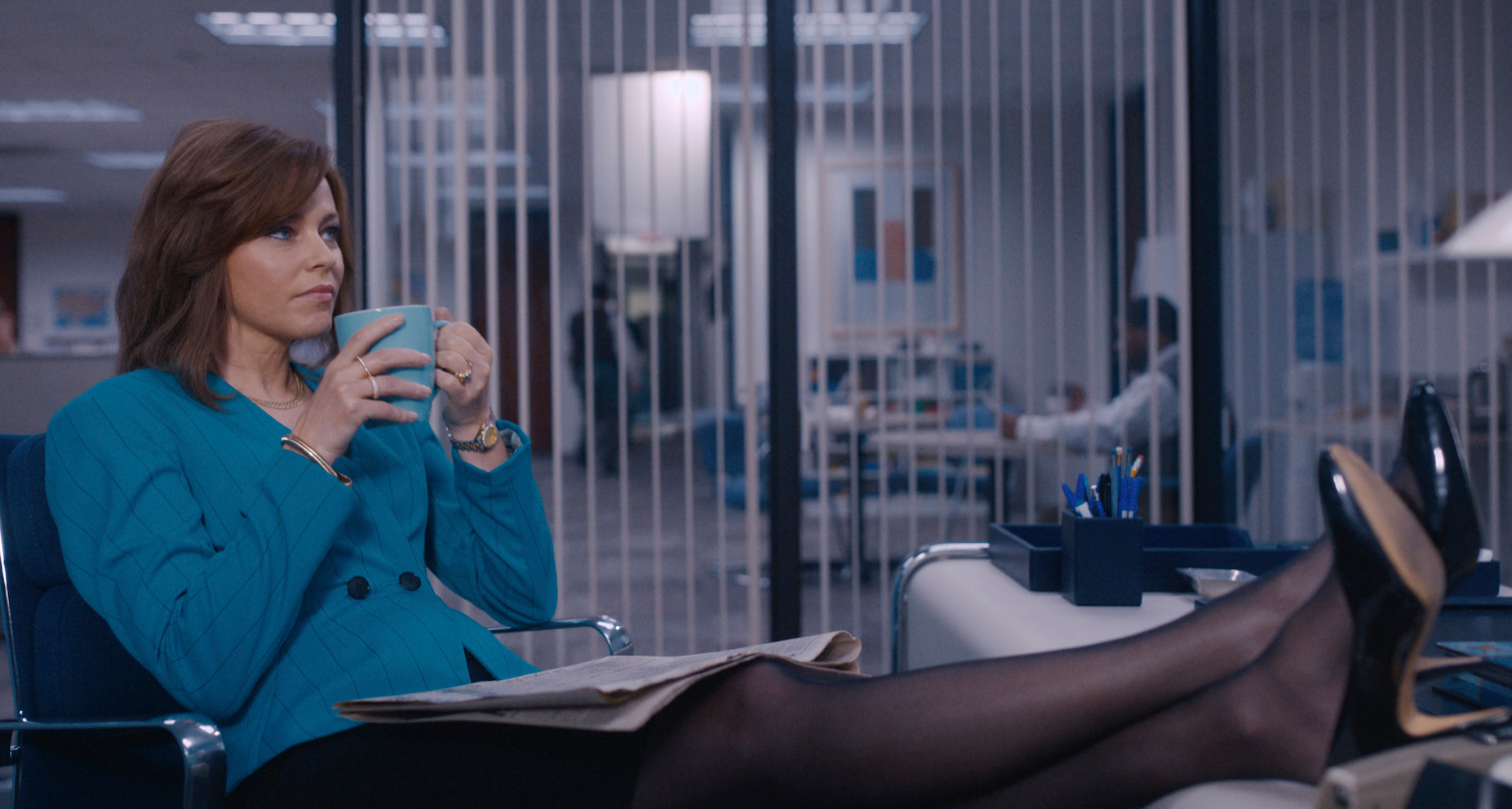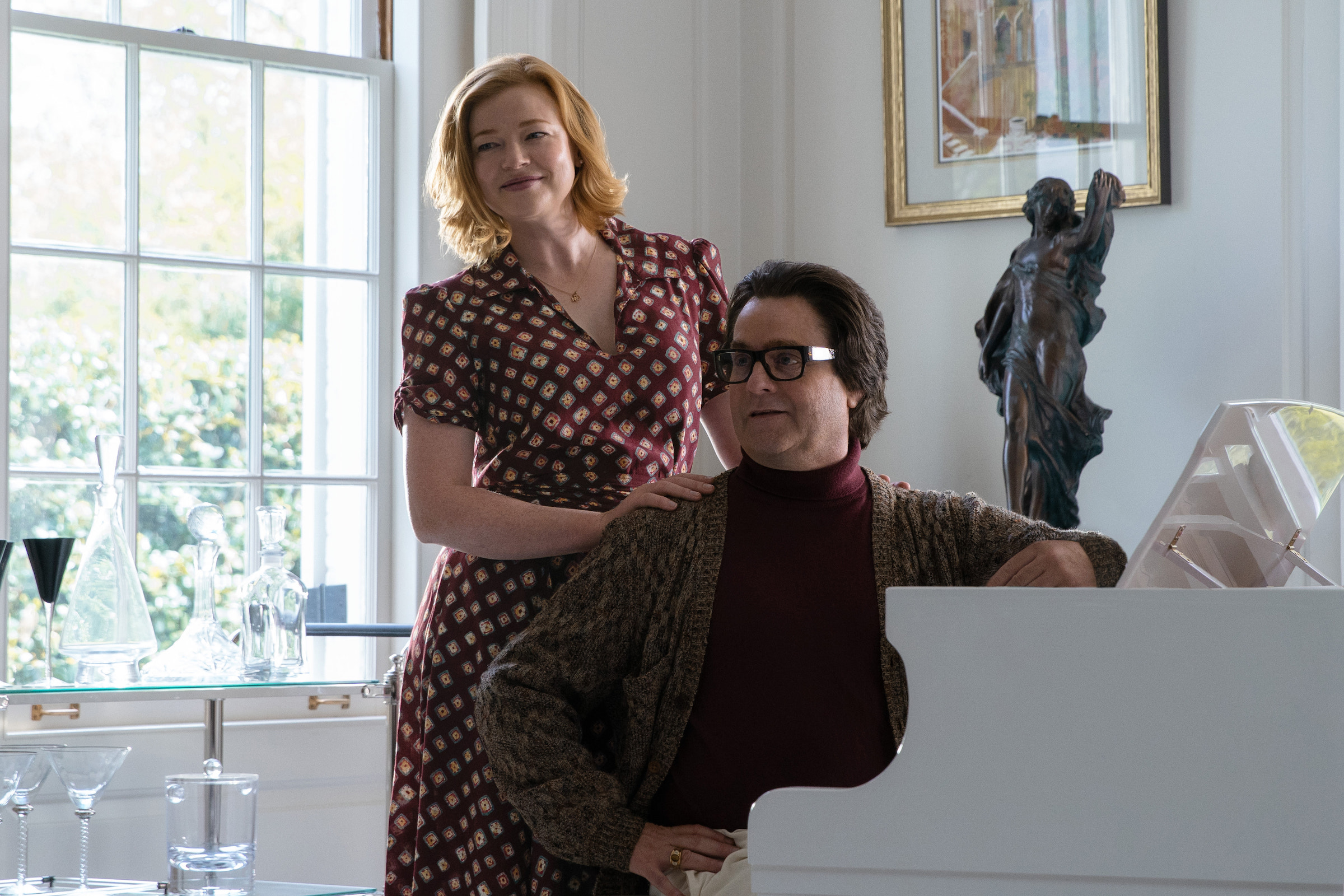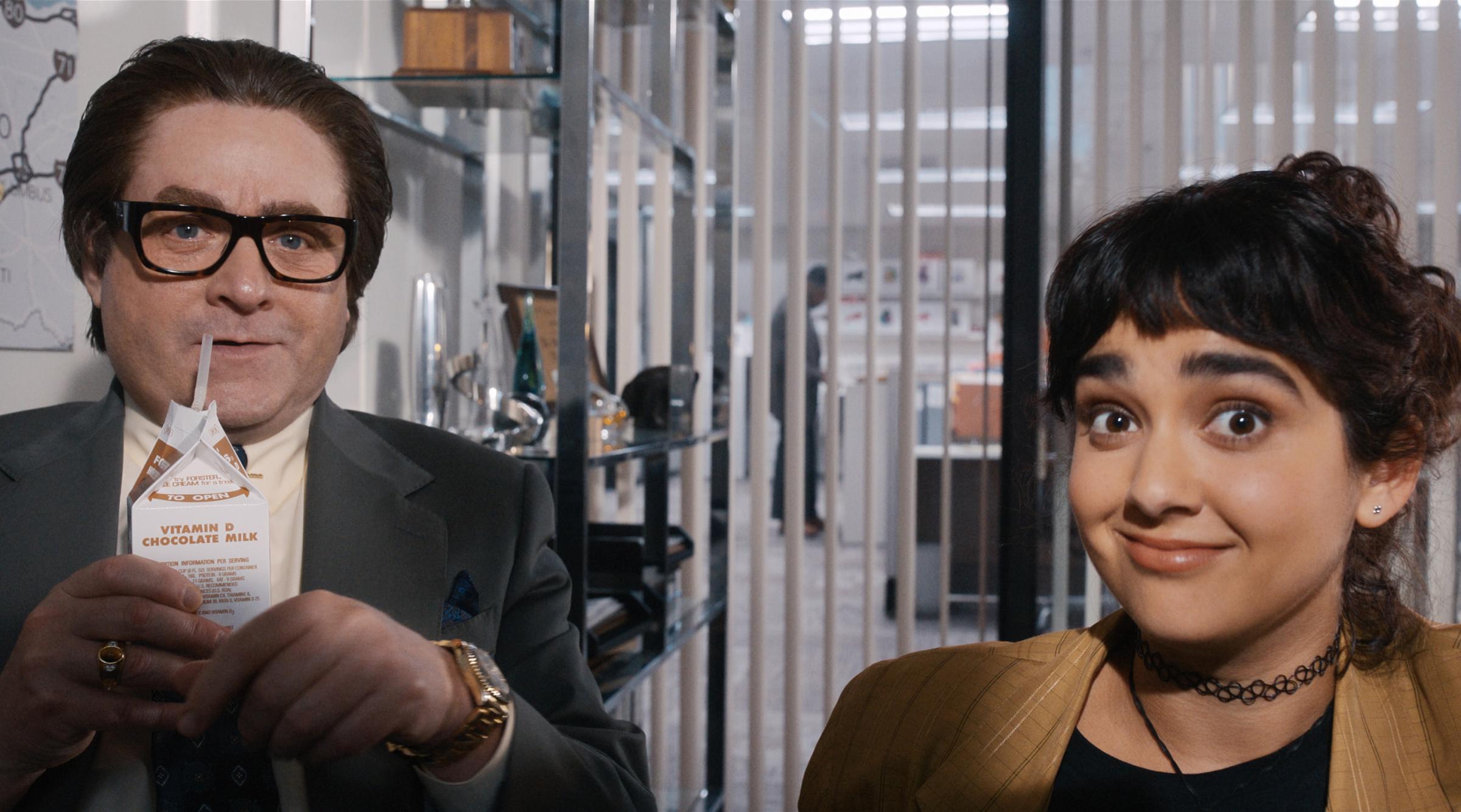The Beanie Bubble, which premiered on Apple TV+ on July 28, tells the story behind the Beanie Baby toy obsession that took off in the 1990s. Based on the 2015 book The Great Beanie Baby Bubble, which follows the story of toy manufacturer turned billionaire Ty Warner, the film centers the women who were integral to his success.
In The Beanie Bubble, three women—Robbie, Sheila, and Maya—help turn Beanie Babies into the coveted products they became. It’s a fictional retelling, but is based on three real women—Patricia Roche, Faith McGowan, and Lina Trivedi—each of whom worked with Warner (played in the film by Zach Galifianakis) on the toy.
“Ty made billions. He didn’t do it without the three of us,” Robbie (Elizabeth Banks) says in the film. “This story is not about him.”
What was the Beanie Baby fad?
Ty Warner founded Ty Inc. in 1986, and released Beanie Babies in 1993, which became a global sensation. Under-stuffed, filled with plastic beads instead of cloth stuffing and small enough to fit anywhere, Beanie Babies came shaped like all kinds of animals, each with tiny poems on their tags.
By the mid-1990s, Beanie Babies became wildly popular, with special edition toys made in partnership with businesses like McDonald's and Wrigley Field. Ty Inc. became one of the world’s most profitable toy companies, hitting over $1 billion dollars in sales at its height.
“We turned beanie babies into little plush lotto tickets,” Robbie says in the film.
Around 2000, the “Beanie Baby bubble,” as it came to be known, would burst—the stuffed plushies lost their value. In 2014, Warner was convicted of tax evasion and sentenced to two years probation plus community service. According to Digital Spy, Warner now lives out of the public eye, with a reported net worth of $1.7 billion (he was not involved in the making of the movie).

The women who made Beanie Babies happen
From bringing Beanie Babies to the Internet to taking the brand worldwide, several women had a part in the creating the toy craze. In the film, Banks’ Robbie dates Warner and is closely involved in building the company from the ground up. She is inspired by Patricia Roche, who dated Warner and was a partner in Ty Inc. (and reportedly the muse behind the Beanie Baby Patti the Platypus). According to The Great Beanie Baby Bubble, Roche went on to become a wealthy wholesaler of Ty products in the U.K.
The Beanie Bubble shows Robbie getting sidelined by Warner after proposing a foreign expansion plan that he initially rejects and then claims as his own idea. At another point in the film, he removes Robbie’s co-founder title and reduces her salary by 75%.
“They say good artists borrow and great artists steal. And Ty was the greatest bullsh-t artist around,” she says. Eventually, she moves on to a new love interest and comes to an agreement with Warner to run the company’s distribution in the U.K.

Like Robbie, the character of Sheila (Sarah Snook) is based on Warner’s other long-term former partner, Faith McGowan. In the film, Warner courts Sheila—asking for her hand in marriage and moving her and her children into a mansion with him (though this doesn’t last long). Sheila’s children inspire Warner’s creations—her daughter Ava’s drawing of a ghost becomes the basis for a scary Beanie Baby. When their relationship turns sour, Warner removes the product from the line.
In real life, McGowan was a lighting designer who moved into Warner’s Oak Brook, Illinois house, according to Chicago Magazine. Her daughter did inspire a “Spooky” Beanie baby that Warner eventually removed her name from. McGowan’s daughter Jenna Boldebuck has defended her family’s association to the company, saying they were involved in the toy’s successful design process.

The Beanie Bubble also explores the story of Maya Kumar (Geraldine Viswanathan), a 17-year-old college student initially trying to land a temp job at Ty. Inc. who eventually helps Warner go from millions to billions of dollars by running Ty Inc.’s website and building out a multi-million dollar collectors market for Beanie Babies on eBay—all as an assistant making $12 an hour.
Her character is based on online marketing pioneer Lina Trivedi, who wrote the notable original poems that were featured on the Beanie Baby tags. In the mid-90s, Trivedi directed the development of the Beanie Baby website that sold products directly to customers, the world's first business to consumer website, anchoring Ty Inc. and Beanie Babies as a historic toy phenomenon.
More Must-Reads from TIME
- Cybersecurity Experts Are Sounding the Alarm on DOGE
- Meet the 2025 Women of the Year
- The Harsh Truth About Disability Inclusion
- Why Do More Young Adults Have Cancer?
- Colman Domingo Leads With Radical Love
- How to Get Better at Doing Things Alone
- Michelle Zauner Stares Down the Darkness
Write to Mariah Espada at mariah.espada@time.com